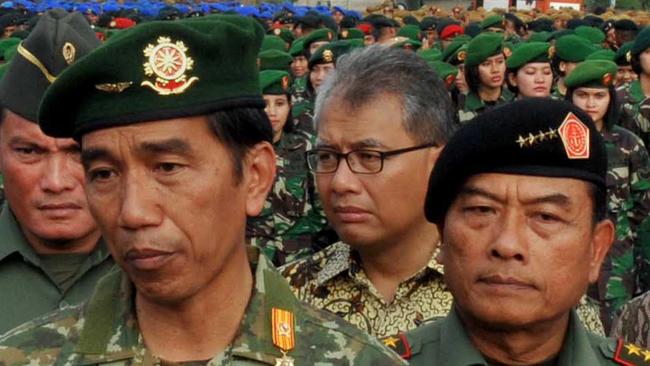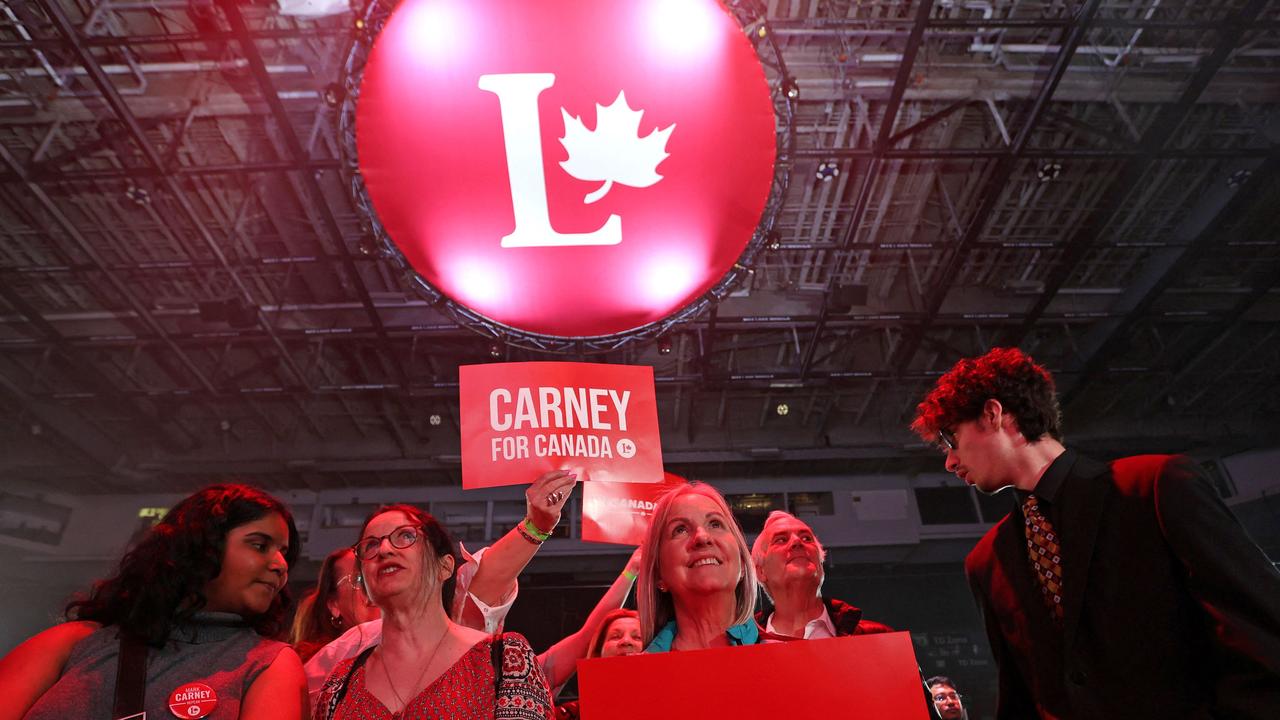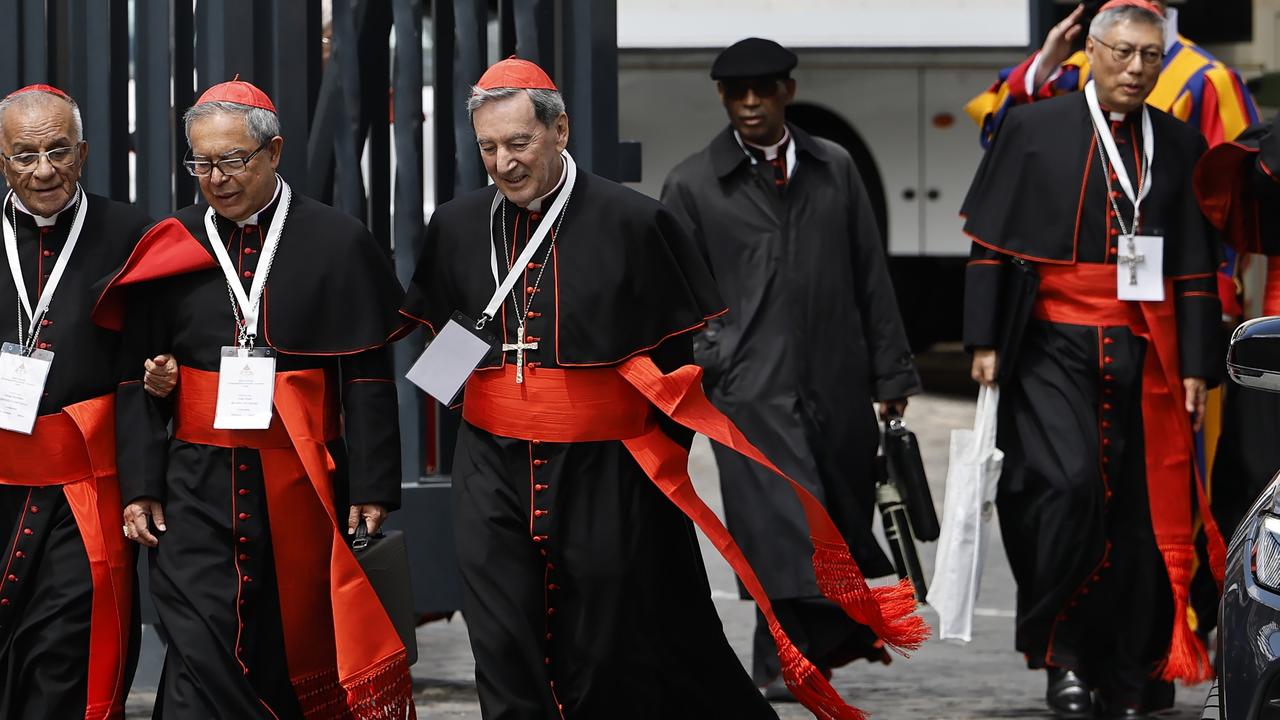Indonesia moves closer to one-party rule as Jokowi aide takes over opposition
The Indonesian government has been accused of making a “mockery of democracy” after President Joko Widodo’s chief of staff declared himself chairman of an opposition party.

The Indonesian government has been accused of making a “mockery of democracy” after President Joko Widodo’s chief of staff stacked an extraordinary meeting of the Democratic Party, one of the country’s last remaining opposition parties, and had himself declared chairman.
Democratic Party founder and former president Susilo Bambang Yudhoyono condemned the weekend move by presidential aide Moeldoko — which unseated his own son Agus Harimurti Yudhoyono — as an “act of treason” in a formal letter to President Jokowi (as he is known).
Political analysts have warned of a clear attempt by the government to “subdue or minimise” opposition parties through a divide-and-conquer model that has already led to the factionalising and eventual defection to the governing coalition of three former opposition parties.
Agus Yudhoyono urged the Ministry of Law and Human Rights to intervene in the dispute. “The ministry must reject and clearly say that this takeover of power and leadership of the Democratic Party is illegal and unconstitutional,” he said.
“In the so-called extraordinary congress, the attendants were given party jackets to make it look like they have valid votes, while the entire process was actually invalid and the quorum was not fulfilled at all.”
Indonesia’s co-ordinating Minister for Political, Legal and Security Affairs, Mahfud MD, said the government did not recognise General Moeldoko as the new Democratic Party chairman, but could only intervene if his new splinter group filed formal documents alerting parliament to an official change in the party’s leadership.
“Only then can the government say whether this is legitimate and if (the meeting) was held in accordance with the party’s constitution, among other issues,” Mr Mahfud said.
President Jokowi has been criticised for weakening Indonesian democracy by drawing six out of nine parliamentary parties into a grand coalition government, including the Gerindra party of his twice presidential challenger Prabowo Subianto. A seventh party is loosely aligned with his government.
But the latest move is the most blatant, given General Moeldoko was not a member of the Democratic Party before he called an unsanctioned meeting in North Sumatra and then declared himself leader following an internal vote.
The Jokowi administration controls more than 74 per cent of parliament, though that would rise to 83 per cent if it could successfully bring the Democratic Party into its fold, leaving the Islamist Prosperous Justice Party (PKS) as the sole opposition.
PKS spokesman Mardani Ali Sera on Monday described the move as a “democratic disaster”.
“The government has a job to be a mature and fair stakeholder. It must not weaken any political party,” he said.
Indonesia Political Review director Ujang Komarudin said Moeldoko’s presidential ambitions were well-known, and he could not have acted without President Jokowi’s awareness, if not approval. “If the President didn’t condone this, it would never have happened,” Mr Komaruddin said. “Jokowi can easily warn Moeldoko against interfering with opposition party matters, especially in such an unethical way.”
Calls for the President to remove Moeldoko from his position were rebuffed by a palace staff member on Monday who said it was “nobody’s business”.
“That is his personal business. Our constitution guarantees the right of each individual to have their own opinion and to determine their political rights,” Ali Mochtar Ngabalin told Indonesian wire service Detik.
But Indonesian political analyst and pollster Saiful Mujani said the move was further indication of a trend towards “backsliding democracy” in Indonesia after the sudden weakening of the anti-corruption agency in 2019. “It looks and feels very systematic,” Mr Mujani said. “This divide-and-conquer method has been used by the current leadership to strengthen their coalition and silence all opposing voices.”



To join the conversation, please log in. Don't have an account? Register
Join the conversation, you are commenting as Logout